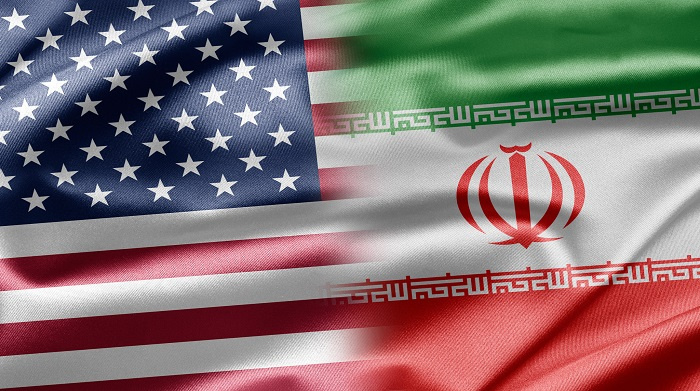Iran-US at the Syrian Station

-There are four sets of differences between Iran and the US. The first group includes differences which had international dimensions, meaning Iran’s nuclear issue, considered as the most important differences between the two countries.
-The second set of differences is related to bilateral relations between Iran and the US which started 36 years ago. The third group is about their differences over third-party countries such as Syria, Bahrain and Yemen and the fourth is over regional strategies.
-The first set which was an obstacle in relations between Iran and the US has, in my opinion, been removed by the nuclear agreement.
-Since 2003, when this dispute began, both sides made attempts to resolve this matter and many times Iran stated that it would only negotiate about this issue. But it could be predicted from that time that after the resolution of this matter, other issues of difference could be discussed; because both sides have, at least on the surface, broken the taboo and prepared the ground to negotiate about other issues.
-The achievement of the nuclear agreement removed the main obstacle in negotiations and both parties were able to overcome the major tension-raising lobbies.
-Thus, it was predictable that after the nuclear agreement the conditions would be ripe for negotiation over other issues of difference. But these talks are at expert levels and decisions are not made at higher levels. Naturally, the reports presented by the experts on both sides indicate that they could enter the negotiating phase in a pragmatic framework.
-I believe if a new negotiating phase is to be established, the differences over third countries should be the priority for there have been similar experiences in the past when in 2001 and 2003 there were negotiations about Iraq and Afghanistan, and now the conditions are prepared for talks about Syria; although I believe that major decisions are not taken in this regard.
-There is the possibility of negotiation about the issue of Syria if it is formed within a framework of a plan similar to the JCPOA. Through the JCPOA, both parties reached an agreement over an interaction and a deal. This means that the US is not supposed to merely advance its own strategies and interests and then take negative positions against Iran.
-Iranians are well-experienced, hence, they would only enter negotiations if talks are interactive and they are one side of the decision-making process.
-I believe if such an atmosphere is created, then in the third step there would even be the possibility of détente between Iran and the US; although the issue of the fourth group of differences (regional strategies) will have great impacts on this path.
-I believe that if Iran reaches the conclusion that the US pursues a strategy based on stability in the Middle East, then it will prepare the ground for negotiations with the US. But Iran has not yet reached this conclusion, especially since they are concerned about the repetition of the experiences of 2001 and 2003.

